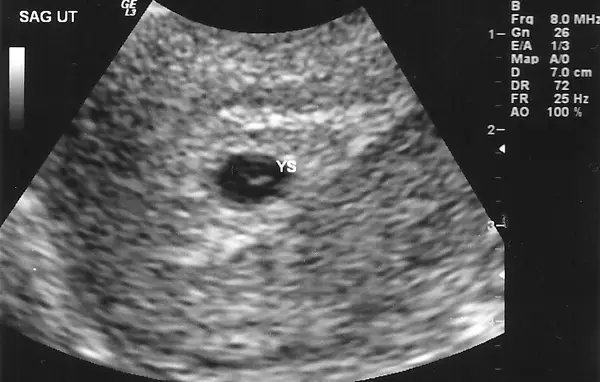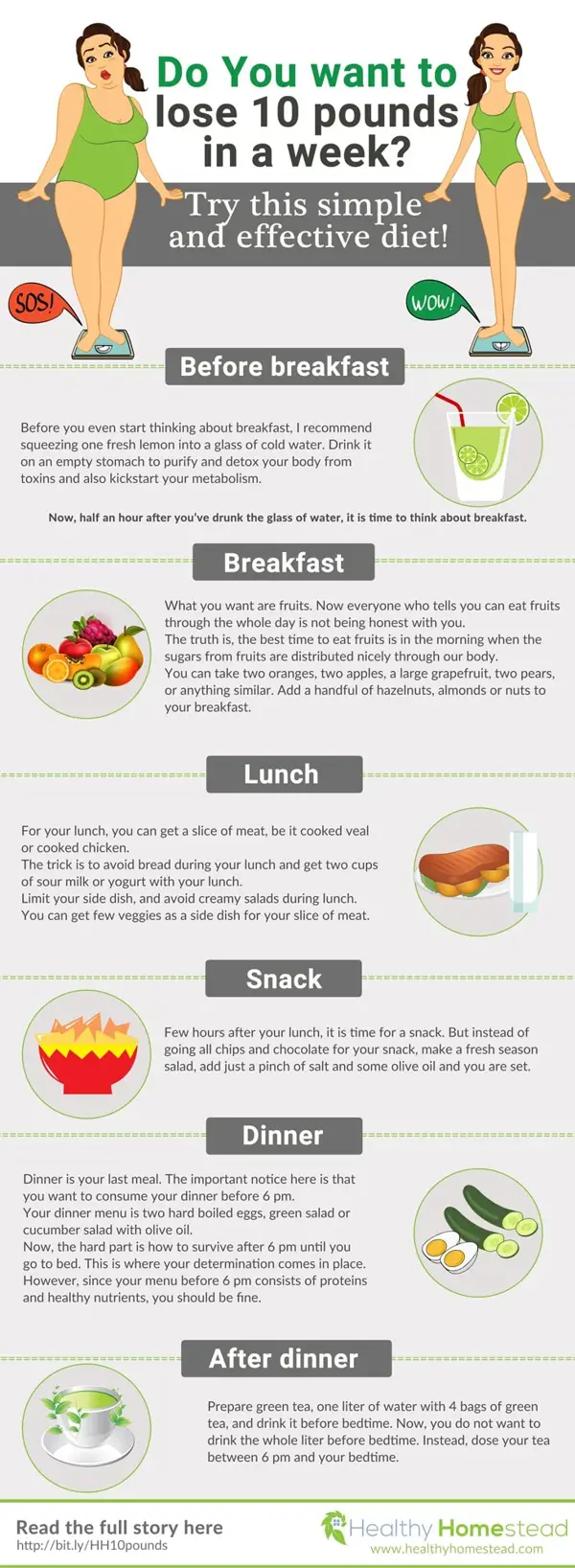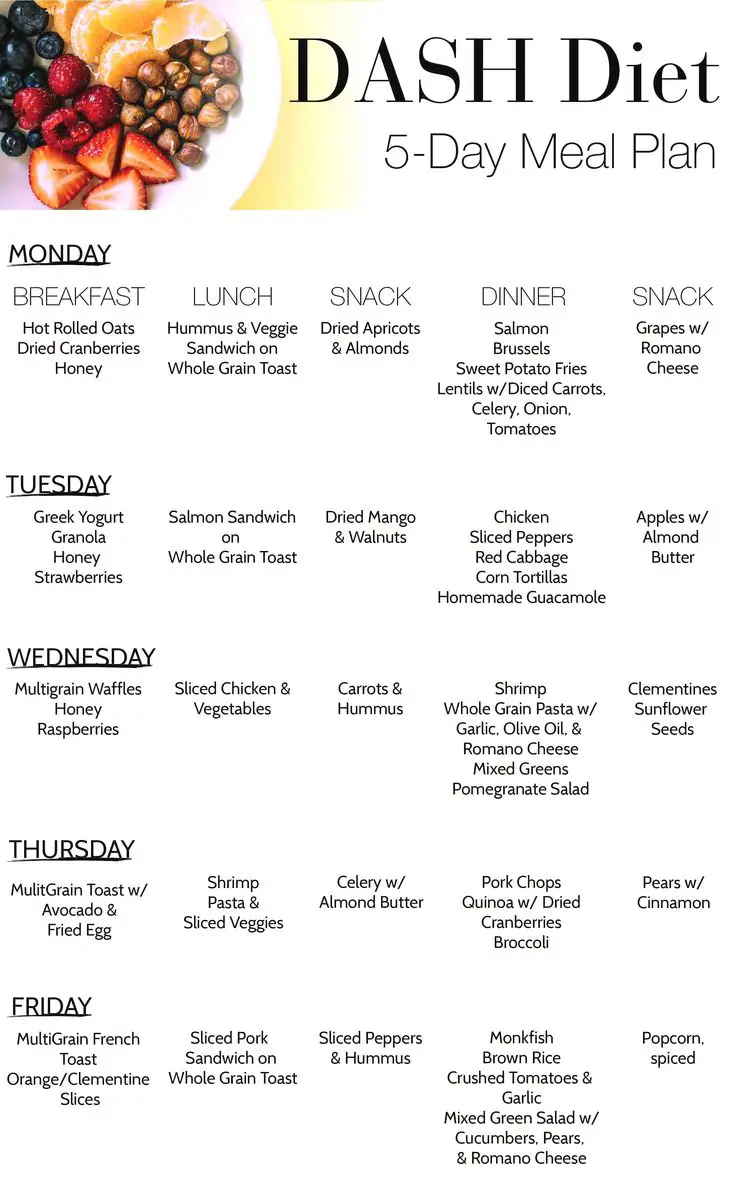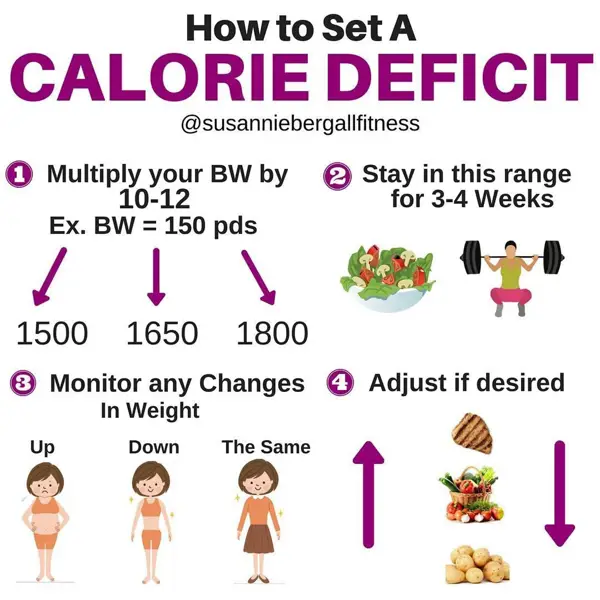Table of Contents
- Understanding Calorie Deficit
- Factors Influencing Weight Loss
- Calculating Expected Weight Loss
- Tips for Effective Weight Loss
- Potential Risks and Considerations
- Key Takeaways
- FAQ
Understanding Calorie Deficit
Learn about what calorie deficit means and how it can impact your weight loss journey.
Factors Influencing Weight Loss
Discover the various factors that can affect how much weight you can lose in a month on a calorie deficit.
Factors Influencing Weight Loss in How Much Weight Can You Lose in a Month on Calorie Deficit
Achieving weight loss is influenced by a variety of factors such as diet, exercise, genetics, metabolism, and lifestyle choices. When aiming to lose weight in a month, creating a calorie deficit is essential.
A calorie deficit occurs when you consume fewer calories than your body needs to maintain its current weight. This can be achieved by reducing your daily calorie intake or increasing your physical activity to burn more calories.
The amount of weight you can lose in a month on a calorie deficit depends on several factors including your starting weight, gender, age, activity level, and overall health. A safe and realistic goal is to aim for 1-2 pounds of weight loss per week, which equates to 4-8 pounds in a month.
It's important to remember that sustainable weight loss takes time and consistency. Crash dieting or extreme calorie restrictions can have negative effects on your metabolism and overall health. It's best to consult with a healthcare provider or nutritionist to develop a safe and effective weight loss plan tailored to your individual needs.
In conclusion, the amount of weight you can lose in a month on a calorie deficit varies based on several factors. By making healthy choices, staying active, and maintaining a balanced diet, you can achieve your weight loss goals in a safe and sustainable manner.

Calculating Expected Weight Loss
Find out how to calculate the expected weight loss based on your calorie deficit and other factors.
When it comes to losing weight, it's important to remember that the amount of weight you can lose in a month on a calorie deficit will vary depending on several factors such as your starting weight, metabolism, and activity level. Generally, it is safe and healthy to aim for a weight loss of 1-2 pounds per week, which translates to 4-8 pounds per month.
To calculate your expected weight loss on a calorie deficit, you can use the simple equation:
Calories deficit per day x 30 = Expected weight loss per month (in pounds)
For example, if you are in a calorie deficit of 500 calories per day, your expected weight loss in a month would be 500 x 30 = 15,000 calories. Since 1 pound of fat is approximately equal to 3,500 calories, you can expect to lose about 4 pounds in a month with this calorie deficit.
Remember, it's important to consult with a healthcare professional before making any drastic changes to your diet or exercise routine to ensure that you are losing weight in a safe and sustainable way.

Tips for Effective Weight Loss
Get practical tips and strategies to maximize your weight loss results while on a calorie deficit.
Weight loss can be achieved by maintaining a calorie deficit, which means burning more calories than you consume. Here are some tips to help you effectively lose weight:
1. Eat a Balanced Diet
Include a variety of fruits, vegetables, whole grains, and lean proteins in your diet. Limit your intake of processed foods, sugary drinks, and unhealthy fats.
2. Stay Hydrated
Drink plenty of water throughout the day to stay hydrated and keep your metabolism functioning properly.
3. Exercise Regularly
Engage in both cardio and strength training exercises to burn calories and build muscle mass.
4. Get Adequate Sleep
Lack of sleep can disrupt your hormone levels and metabolism, making it harder to lose weight. Aim for 7-9 hours of quality sleep per night.
5. Monitor Your Progress
Keep track of your food intake, exercise routine, and weight loss progress to stay motivated and make necessary adjustments.
6. Consult a Professional
If you are unsure about how to create a calorie deficit or need personalized advice, consult a registered dietitian or healthcare professional.
Remember, the amount of weight you can lose in a month on a calorie deficit will vary depending on factors such as your starting weight, metabolism, and activity level. It is generally recommended to aim for a safe and sustainable weight loss of 1-2 pounds per week.

Potential Risks and Considerations
Learn about the potential risks and considerations associated with losing weight rapidly through a calorie deficit.
Attempting to lose weight quickly by maintaining a significant calorie deficit can have potential risks and considerations that should be taken into account. While it is possible to lose weight rapidly on a calorie deficit, there are important factors to consider:
- Metabolic Changes: Drastically reducing calorie intake can slow down your metabolism, making it harder to lose weight in the long run.
- Nutritional Deficiencies: Severely restricting calories may lead to deficiencies in essential nutrients, vitamins, and minerals, which can have negative impacts on your health.
- Muscle Loss: Rapid weight loss can also result in muscle loss, rather than fat loss, which can be detrimental to overall body composition and metabolic rate.
- Physical and Mental Health: Extreme calorie deficits can lead to fatigue, mood swings, and feelings of deprivation, impacting both physical and mental well-being.
- Rebound Weight Gain: Rapid weight loss achieved through extreme calorie deficits is often difficult to maintain, leading to rebound weight gain once normal eating patterns resume.
It is important to consult with a healthcare professional or a registered dietitian before embarking on a significant calorie deficit for weight loss. They can provide guidance on creating a safe and sustainable weight loss plan that takes into account your individual needs and goals.

Key Takeaways
Summarize the main points and key takeaways from the article.
FAQ
Get answers to frequently asked questions about weight loss on a calorie deficit.
Key Takeaways
- Calorie deficit is key to losing weight effectively.
- Factors such as age, gender, and activity level can influence weight loss.
- Calculate your expected weight loss to set realistic goals.
- Follow a balanced diet and exercise regularly for optimal results.
FAQ
Q: How much weight can I realistically lose in a month on a calorie deficit?
A: The amount of weight you can lose in a month on a calorie deficit varies based on individual factors. It is generally safe to aim for 1-2 pounds per week, which can translate to 4-8 pounds in a month.



Recent Comments